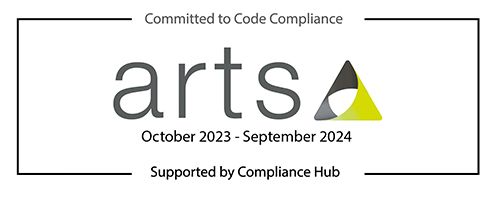Prostate Cancer: Men at risk, the medical pathway and impact of health inequalities
12 Oct 2023
GP Clinical Theatre 2

In 2018, prostate cancer diagnoses in the UK rose to 57,192, exceeding those of breast, lung and bowel cancers. Around 20% of diagnoses are at stage 4 (metastatic) and a similar percentage at stage 3 (locally advanced). The COVID pandemic has made matters worse because there were 14,000 fewer diagnoses of prostate cancer than expected between January 2018 and December 2020. An awareness raising campaign was effective leading to 4,000 extra diagnoses compared to pre-pandemic norms in 2019, up to end of Nov 2022. We need to be alert to men at risk. A man is two and half times more likely to get prostate cancer if his father or brother has been diagnosed with it, compared to a man with no family history and black men are more likely to get prostate cancer than other men. In the UK, about 1 in 4 Black men will get prostate cancer at some point in their lives. As a result, prostate cancer is included in the Primary Care Network (PCN) Direct Enhanced Service Specification 2022/23. The plan is to develop and implement a strategy to increase the proactive and opportunistic assessment of patients for a potential cancer diagnosis, targeting: Men aged 50 -70, black men aged 45 -70, and those with a family history of prostate cancer aged 45-70. The medical pathway has changed dramatically over the last few years and is much safer for the patients. Health inequality has an adverse impact on both the diagnosis and treatment efficacy. Appropriate use of the PSA blood test. Identifying men at risk Advances in diagnosis and treatment The adverse impact of health inequalities



